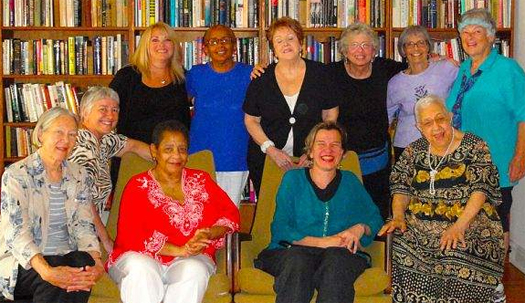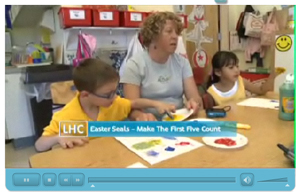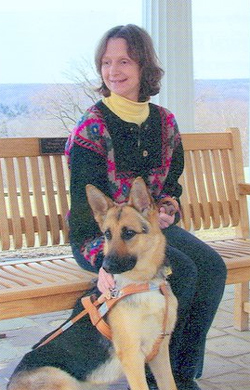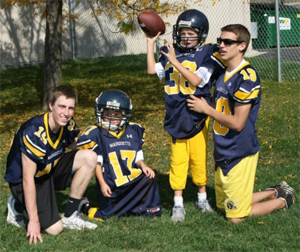Accessing the right to vote
by Patricia Wright
The first presidential debate is tonight, and believe me, I’ll be listening. I moved from Illinois to a swing state, Pennsylvania, in 2010. I have always believed voting is important but living in a swing state brings the need to vote to a whole new level.
The first time I really started thinking about individuals with disabilities voting was when my friend Gail shared her strong preferences for particular candidates. Gail has an intellectual disability. She has difficulty reading and struggles to be understood when she speaks. She has no problem, however, stating her opinion about which candidate she prefers. When I asked Gail how she voted one year, she responded, “Sister.” I believe she meant that her sister assisted her when it came to casting a vote.
Gail has an incredibly supportive sister, but her situation left me wondering: how do people with disabilities who don’t have great support networks exercise their right to vote? I visited Google to do a quick search about voting and disability and found a couple of good resources:
- The Center for an Accessible Society, and
- American Association for People with Disabilities and the Disability Vote Project.
Both of these sites shared the challenges that some individuals with disabilities experience in trying to vote and the barriers that need to be addressed. The Google search also provided resources about the potential power of the disability vote. This year there is a perception that the large numbers of individuals living with disabilities could be a powerful force in the political arena. Unfortunately, as shared by the Center for an Accessible Society, “the disability vote is not often examined. As a group, or special interest constituency, people with disabilities are invisible, not included or even identified in exit polling or post-election analyses.”
Voting is one of the wonderful rights we are afforded here in the United States of America. I hope that we can overcome the accessibility barriers to ensure that those with and without disabilities can access their right to vote.







 As a follow-up to the
As a follow-up to the  In addition to moderating the Easter Seals blog, I also lead a memoir-writing class for senior citizens — it’s sponsored by the City of Chicago’s Family and Support Services and it meets right downtown. The youngest writer in class is 63, the oldest is 94. Many are widows, and most of them live alone.
In addition to moderating the Easter Seals blog, I also lead a memoir-writing class for senior citizens — it’s sponsored by the City of Chicago’s Family and Support Services and it meets right downtown. The youngest writer in class is 63, the oldest is 94. Many are widows, and most of them live alone. I am fascinated by the stories my colleague Patricia Wright (national director of Autism Services here at Easter Seals) comes back with every time she goes to China.
I am fascinated by the stories my colleague Patricia Wright (national director of Autism Services here at Easter Seals) comes back with every time she goes to China. 
 My friend
My friend  Early September is a special time in Wisconsin. Our beloved Green Bay Packers are the only community-owned franchise in professional sports, and with over 20,000 shareholders, this state lives for football. Here at
Early September is a special time in Wisconsin. Our beloved Green Bay Packers are the only community-owned franchise in professional sports, and with over 20,000 shareholders, this state lives for football. Here at